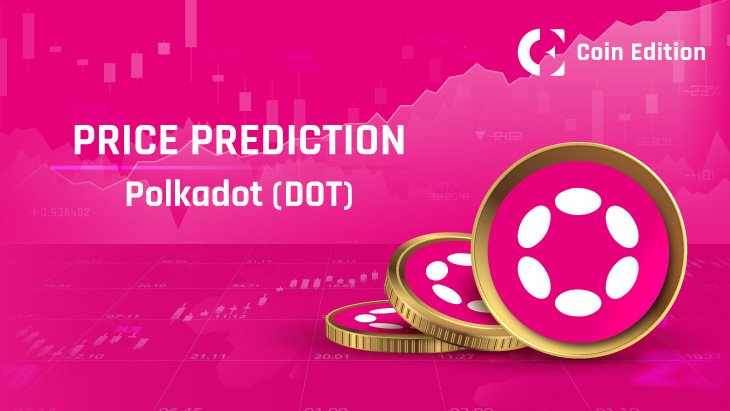- Polygon Labs proposed upgrading the PoS sidechain to zkEVM Validium.
- The proposal is a key step towards the future vision of the ecosystem, Polygon 2.0.
- If approved, the upgrade of the network would be executed by the first quarter of 2024.
Polygon Labs, the creative services and software solutions company, recently proposed the upgrade of Polygon’s Proof-of-Stake (PoS) sidechain to zkEVM Validium, “a first-of-its-kind decentralized L2 secured by zero-knowledge (ZK) proofs.” As per the proposal published by the platform’s engineering team, the upgrade, if approved, would be executed by the first quarter of 2024, a significant step towards the vision of Polygon’s future version, Polygon 2.0.
Last week, Polygon Labs introduced Polygon 2.0, with the aim to “build the Value Layer of the Internet”. A value layer is a basic protocol that allows individuals to create, exchange, and program value. Polygon 2.0’s vision included the leverage of ZK scaling technology, but PoS is secured by its own validators at present. As the venture towards Polygon 2.0 could not exclude PoS, the platform decided to upgrade the network.
Hitesh Malviya, a crypto investor and content creator, took to Twitter to share the updates on the Polygon PoS network’s upgrade:
The proposal cited that the existing PoS validators would take up two major responsibilities after the upgrade: “guaranteeing data availability and sequencing transactions”. Subsequent to the upgrade, Polygon PoS would mark “the first validum with decentralized and secure data availability guarantees” as well as “the first L2 with a decentralized sequencer set”. It is guaranteed that the transaction fees would flow through the MATIC- staked validators.
Assuring low fees, high security, and scalability of the zkEVM Validium, Polygon stated,
You can think of a valid as the lower-cost, higher-throughput sibling of a rollup. Rollups, like Polygon zkEVM, leverage Ethereum to publish transaction data and verify proofs, thus fully inheriting its unmatched security and decentralization.
Polygon Labs explained that the two different public networks of the Polygon ecosystem are to co-exist and complement one another, both offering high scalability and low fees on a highly secured network.
Disclaimer: The information presented in this article is for informational and educational purposes only. The article does not constitute financial advice or advice of any kind. Coin Edition is not responsible for any losses incurred as a result of the utilization of content, products, or services mentioned. Readers are advised to exercise caution before taking any action related to the company.







